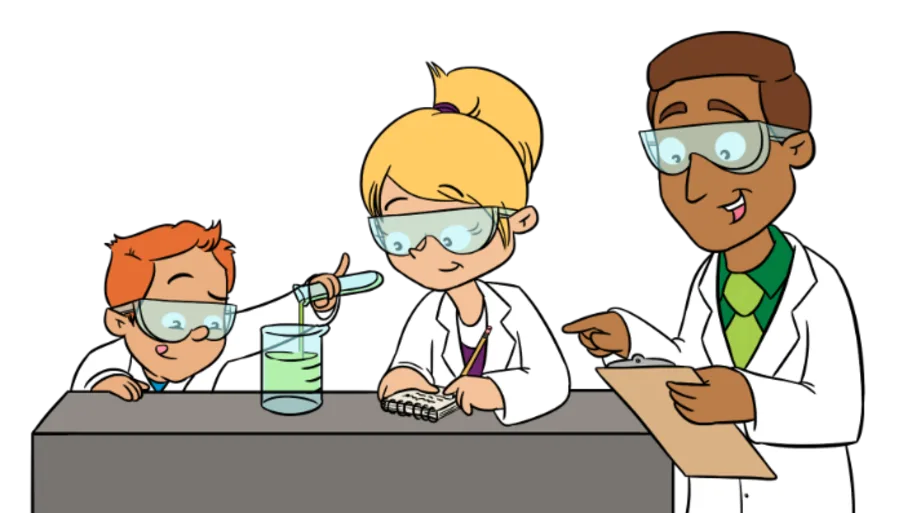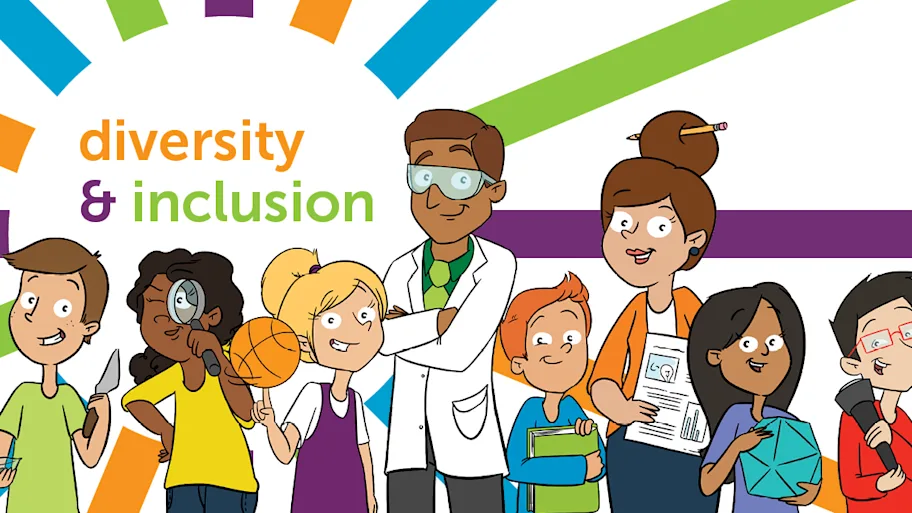
- Science News
- Young Minds
- 5 science writing tips from our Young Experts
5 science writing tips from our Young Experts

When you ask children and teenagers to peer-review and improve your scientific manuscript, be prepared for valuable, honest — and blunt — feedback.
— By Hedwig Ens
All Frontiers for Young Minds authors know that their target audience — kids — will also give ruthless feedback when asked to review a manuscript. Here are 5 quick tips from our young experts, to help you translate your scientific work for young readers:
1. Get back to basics“Some words were hard to understand to me. After looking them up in the dictionary, I understood them though.”– Reviewer 1, Age 10
2. Relate to your audience“It doesn’t snow where I live, so I didn’t understand what you wrote about snowmen.”– Reviewer 2, Age 8
3. Show some motivation“Why did you decide to write this article?”– Reviewer 3, Age 11
4. Know why and when to include figures“I really liked figure 1 and 2. Didn’t really pay attention to figure 3, it didn’t help anyway.”– Reviewer 4, Age 12
5. Think about your writing style“Why did you use so many exclamation marks?”– Reviewer 5, Age 15
Bonus Tip: Getting a laugh can be ok“I like that the authors try to connect to the reader, and they sound really funny sometimes.”– Reviewer 6, Age 14
Our Young Reviewers are currently working very hard on finding more ways for scientists to improve their communication skills. So stay tuned for additional practical writing tips while we compile their feedback!
Are you up for the challenge of making your science accessible to young readers? Can you explain what you do in a (mostly) jargon-free manner, while still conveying the original meaning of your work? See our author guidelines or contact kids@frontiersin.org to find out how to get started!





